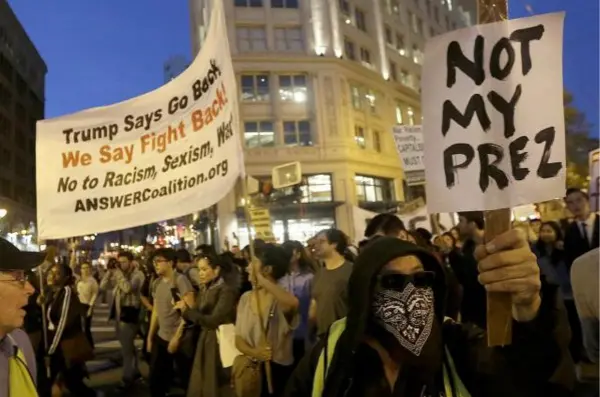The U.S. Federal Reserve's ultra- low interest rate and quantitative easing policies have widened wealth inequality in the world's largest economy, said Joseph Stiglitz, a Nobel laureate in economics and a professor with the Columbia University.
"Contrary to the presumption in the nineteenth century, where lower interest rates favored debtors over creditors and thus increased equality, we show that in such a model lower interest rates may actually increase inequality," Stiglitz argued in a recent paper published by the U.S. National Bureau of Economic Research.
"Given the large amount of life cycle savings, the traditional division of society into the owners of capital and workers or creditors and debtors may no longer provide the most insights for understanding the impact of policies on distribution," Stiglitz said, noting that the modern U.S. society could be divided by " capitalists and workers," who are both owners of capital but owning different kinds of capital.
The capitalists, or the upper-income Americans, tend to hold more stocks and other riskier assets with higher returns while the workers, or the lower- and middle-income individuals, primarily invest in fixed-income assets like government bonds with lower returns.
"In our simple model, a lowering of interest rates benefits holders of equity -- the capitalists -- but hurts holders of government bonds, disproportionately life-cycle savers, and thus increases inequality," Stiglitz said.
"The composition of wealth-holdings will differ between the capitalists and life cycle savers, so that any policy which differentially benefits those assets held by capitalists leads to greater inequality. Quantitative Easing did that," he added.
To stimulate the economy, the Fed has kept its benchmark short- term interest rates near zero and resorted to several rounds of quantitative easing, also known as asset purchase programs, since the 2008 financial crisis.
It is widely believed that the quantitative easing policy has helped to pull the U.S. economy out of the recent recession, but critics say it has also contributed to wealth inequality in the United States, as the U.S. stock market has recovered more strongly than the real economy and the richest families usually hold more financial assets than middle class families.
The U.S. economy has expanded at an annual rate of about 2.2 percent on average since the recession while the stock market in New York has rallied to record highs.
Most of the household wealth gains during the current recovery have gone to the richest families. The wealthiest 10 percent of U. S. households own about 91 percent of stocks and mutual funds, according to a research paper by Edward Wolf, an economist at New York University who studies the wealth distribution. Enditem
 简体中文
简体中文

